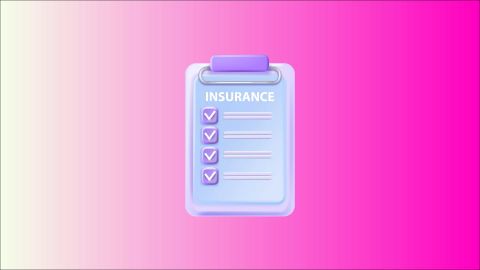Health insurance plays a pivotal role in providing financial security and access to necessary medical care, and this is particularly crucial for individuals who have experienced a stroke. Health insurance coverage for stroke patients is essential as it provides financial protection against medical expenses related to stroke treatment and recovery. In this article, we will discuss health insurance for stroke patients, its coverage options, and factors to consider when selecting the best health insurance plan for stroke.
Health insurance for stroke
A stroke is a medical emergency that requires immediate medical attention. It is caused by a disruption of blood flow to the brain, leading to brain damage. The symptoms of stroke may vary from person to person, but common signs include weakness on one side of the body, vision changes, speech difficulties, and loss of balance or coordination. If you or someone you know experiences any of these symptoms, seek immediate medical attention.
Symptoms of stroke
Here are some common symptoms associated with stroke:
- Weakness or numbness on one side of the body.
- Difficulty speaking or understanding.
- Loss of vision in one or both eyes.
- Severe headache with no known cause.
- Dizziness or loss of balance.
- Temporary or permanent paralysis.
- Difficulty talking or swallowing.
Recognizing these symptoms promptly is essential for seeking immediate medical attention, as early intervention significantly improves the chances of recovery.
Types of strokes
Strokes can be categorised into two primary types:
- Ischemic stroke: These occur due to artery blockage (or, in rare cases, vein blockage), comprising approximately 87% of all strokes.
- Hemorrhagic strokes: It results from bleeding and constitute about 13% of all strokes.
Major reasons for having a stroke
Understanding the factors that contribute to strokes is crucial for prevention and management:
- High blood pressure: The leading cause of strokes, hypertension can damage blood vessels over time, increasing the risk of a stroke.
- Smoking: Tobacco smoke contains chemicals that can damage blood vessels and contribute to the formation of blood clots.
- Diabetes: Uncontrolled diabetes can damage blood vessels, making stroke more likely.
- High cholesterol: Elevated cholesterol levels can lead to the build-up of plaques in arteries, increasing the risk of stroke.
- Atrial fibrillation: An irregular heart rhythm can cause blood clots, which may travel to the brain and cause a stroke.
Also check: Health insurance for senior citizens




